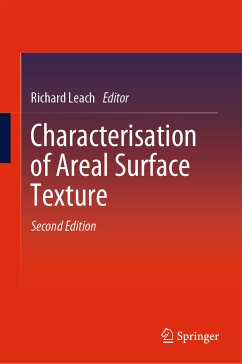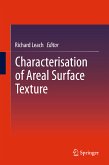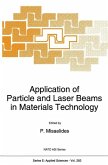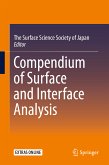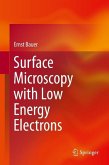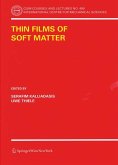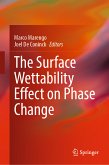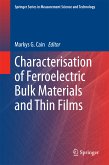This second edition delves into surface topography, exploring its impact on the functionality of various components. Beginning with an introduction to surface topography in Chapter 1, the subsequent chapters delve into the areal field parameters, feature parameters, filtering methods, and form removal techniques, leading into more specialized topics such as fractal-related multiscale geometric characterization and deep learning-based quantification of surface texture. With a focus on characterizing measurement data to glean functional insights, the book presents a comprehensive framework adopted by the international community. Through a diverse array of case studies spanning automotive applications, road surface engineering, additive manufacturing, and precision machining, readers are offered a holistic understanding of how areal techniques are pivotal in modern manufacturing industries. This edition builds upon the foundation laid by its predecessor, integrating evolving standards and additional case studies to provide an updated and comprehensive resource for modern surface engineering.
Dieser Download kann aus rechtlichen Gründen nur mit Rechnungsadresse in A, B, BG, CY, CZ, D, DK, EW, E, FIN, F, GR, HR, H, IRL, I, LT, L, LR, M, NL, PL, P, R, S, SLO, SK ausgeliefert werden.

